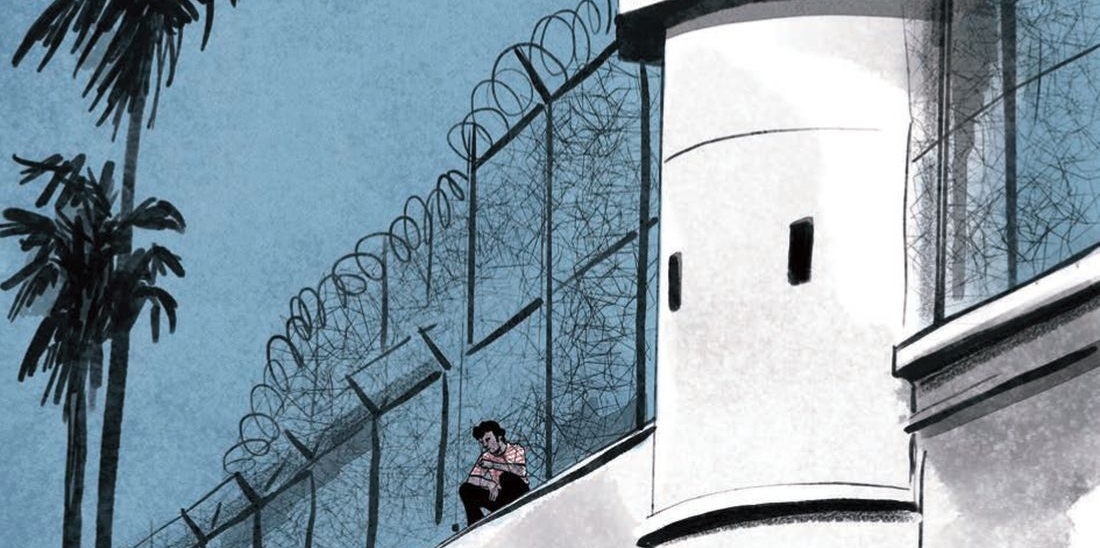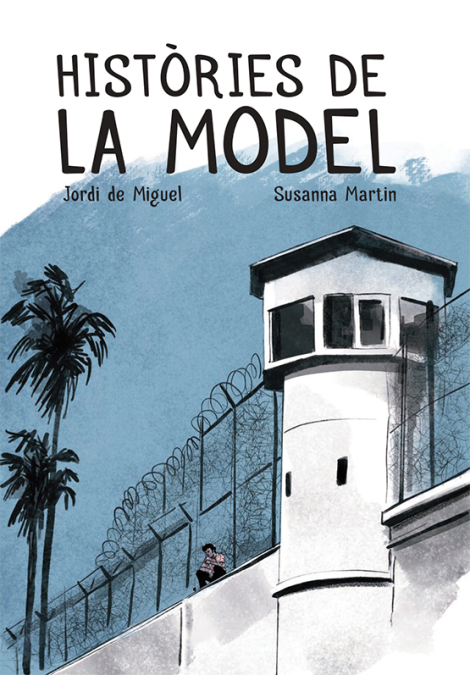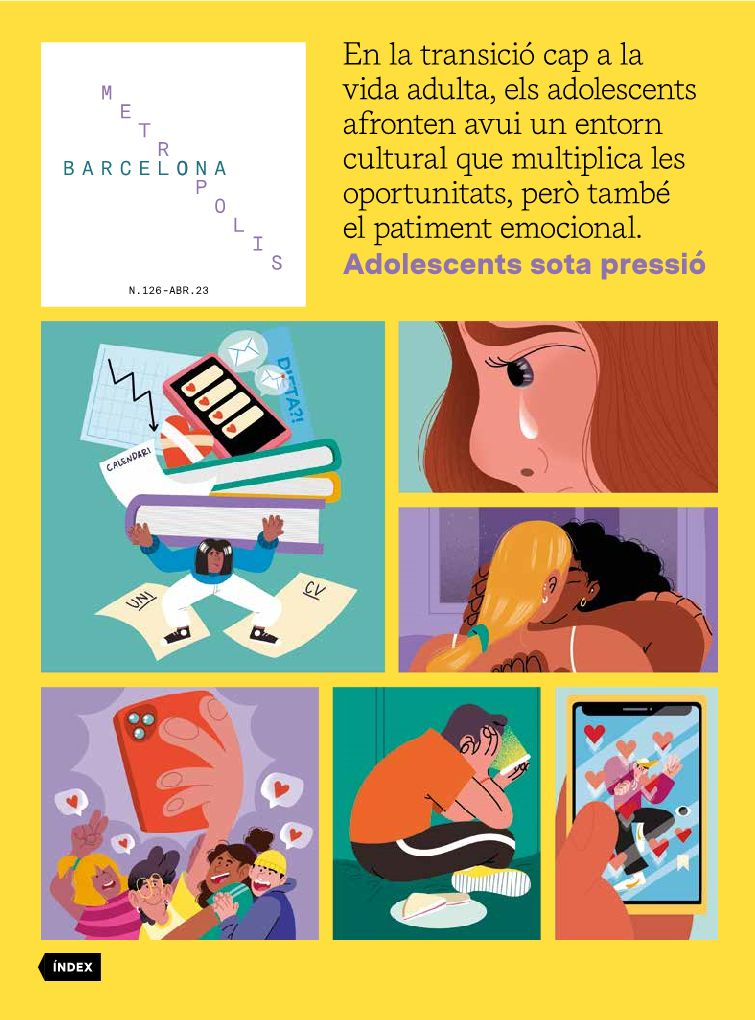'Històries de la Model' [Stories of La Model Prison], voices of a century of changes
- Books
- Culture Folder
- Apr 23
- 4 mins

Barcelona’s La Model prison closed its doors on 8 June 2017. It would have celebrated the 113th anniversary of its opening the very next day. The evolution of this prison runs parallel to the history of the city of Barcelona and the political, social and urban evolution of Catalonia. A small but very significant part of what took place within its walls is now revealed in a documentary comic book entitled Històries de la Model [Stories of La Model Prison], published by Barcelona City Council and featuring a script by the journalist Jordi de Miguel and drawings by the illustrator Susanna Martín.
In the journalistic reportage style, this non-fiction comic book combines the prison’s chronology with the experiences of people who knew the facility well and who give the most human and emotional side to the story. The scriptwriter acts as the unifying thread and, notebook in hand, visits the old cells with the historian César Lorenzo. In contrast, he introduces the voices of four men and women who spent time in La Model at different times and who recount the stories referred to in the title.
One of the book’s strengths is the choice of these witnesses, who represent the different types of inmates who ended up in the prison. The lawyer August Gil Matamala became familiar with the prison as a child because he used to visit his father, a Republican imprisoned in 1945. A “staunch anti-Francoism sentiment” budded in little August, which he channelled by secretly joining the PSUC (Unified Socialist Party of Catalonia) and later opening a law firm for imprisoned workers. The smell of prison will stay with him forever: “The smell of staleness, sweat and fear”.
Gil Matamala sparks discussion on the subjects of exile, the trade union struggle, the court martials and torture, while historian Anna Sallés recalls the student demonstrations, the protests of the early 1960s and the role played by the Franco regime’s female victims of reprisal. La Model was designed to incarcerate men, but Sallés’ experiences show that this was not always the case. Her stay there, while her partner, the novelist Manuel Vázquez Montalbán, was in the men’s wing, allows her to evoke the “striking class differences” that existed depending on the origin of the female prisoners.
For his part, the witness Josep Ferrándiz, a clandestine member of the Communist Party of Spain (International), reveals another part of the story: the merciless torture sessions perpetrated by Franco’s police at the Via Laietana police station. Ironically, for Ferrándiz, leaving this place where they acted with no guarantees of coming out alive and going to La Model was “a paradoxical kind of liberation”, although a climate of “impunity prevailed” in the prison.
 Book: Jordi de Miguel and Susanna Martin, Històries de la Model. Ajuntament de Barcelona, 2023.
Book: Jordi de Miguel and Susanna Martin, Històries de la Model. Ajuntament de Barcelona, 2023.Finally, Jordi, imprisoned for two business thefts, describes the turbulent second half of the 1970s. This was the era of developmentalism and unstructured growth in the neighbourhoods of the metropolitan area. Poverty and marginalisation found on the street were carried over to an overcrowded prison. A time of tension, protests and riots.
The rise of the graphic novel has shown new readers that what has always been called a comic or comic book is a completely valid medium for any story, even those that are far removed from fiction. Autobiography burst onto the scene in the 1970s and, more recently, it has been journalistic reports that have found an ideal medium in comics to address issues such as the humanitarian refugee crisis, environmental issues or the life of Palestinians in the Gaza Strip.
The publication of this comic book about La Model prison is another example in this respect, and, fortunately, it will not be an isolated case. Històries de la Model is the first book in the new collection “Barcelona, memòria en vinyetes” [Barcelona, Memory in Comic Strips], published by Barcelona City Council with the guidance of the comic editor Montserrat Terrones. A bid for the graphic novel that has already a second title, dedicated to the 1931 rent strike in the city.
Històries de la Model
Jordi de Miguel and Susanna Martin
Barcelona City Council, 2023
97 pages
The newsletter
Subscribe to our newsletter to keep up to date with Barcelona Metròpolis' new developments




